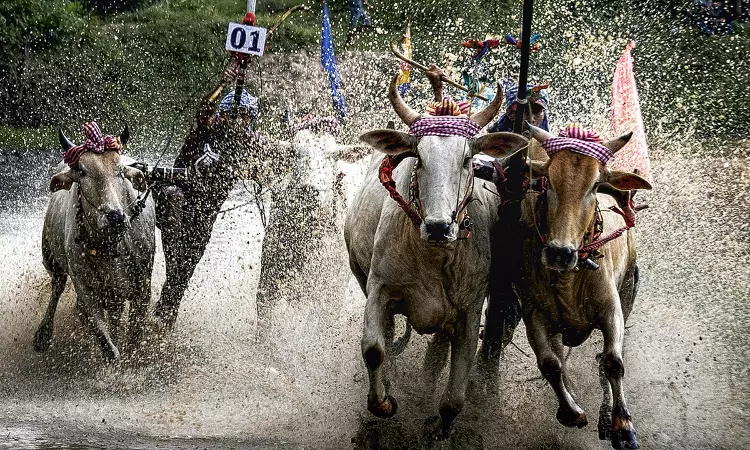The Andhra Pradesh High Court rejected the plea to organize bull racing during the customary festival 'Urusa' in Renata village, Kurnool District, stating that it would be violative of the Prevention of Cruelty to Animals (PCA) Act.Justice B.S. Bhanumathi said that the proposed bull race falls within the scope of sections 11(1)(a) of the PCA and is also violative of Section 3 of the Act....

